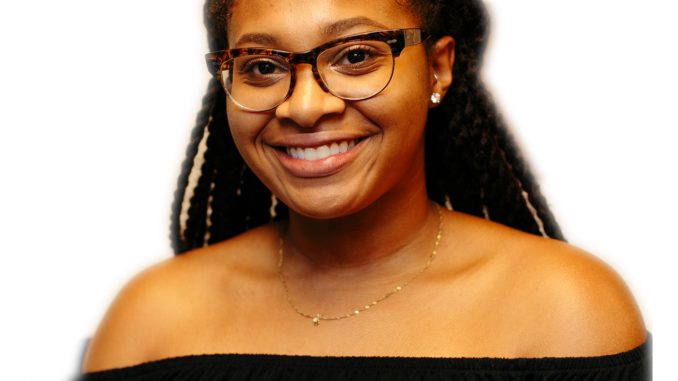
 Temple prides itself on diversity. But religious diversity isn’t always at the forefront of conversations about inclusivity on Main Campus.
Temple prides itself on diversity. But religious diversity isn’t always at the forefront of conversations about inclusivity on Main Campus.
The university needs a centralized, larger space for students of all faiths and spiritual practices to come together. While Temple does technically have an interfaith prayer room, it is too small and not inclusive enough to be considered adequate.
Despite being labeled as an “Interfaith Prayer Space,” room A326, which is hidden among student offices in the Village, seems to be focused primarily on Islam. Its announcements are posted outside the door in Arabic and ornate prayer rugs scattered on the floor.
Ibrahim Souadda, senior film major and president of the Muslim Student Association, also said that the space is primarily used by Muslim students.
Although the current “Interfaith Prayer Space” is open to all faiths, Souadda doesn’t think the room is currently accommodating enough.
“If you have two different faith practices in there at the same time that might be difficult,” he said. “There’s just not enough space to do that, depending on what it is you have to do in your prayer.”
Some may argue, however, that college students as a whole aren’t very religious and such a space isn’t essential at all. The Religious Landscape Study from 2014 shows that the youngest Millennials, those adults born between 1981 and 1996, are less likely to consider religion an important part of their lives in comparison to older generations.

This information, though, means an interfaith prayer space is all the more important for religious students. These students would benefit from being able to come together and share their experiences practicing their faith — whatever it may be — in a generation that on the whole doesn’t do the same.
“I think it would facilitate great communication to talk about inclusivity, religious pluralism, intersectionality, things of that sort,” said Tykee James, a junior strategic communication major and president of the Student Interfaith and Multicultural Society.
SIMS offers an opportunity for students of different faiths to come together, however, group prayer isn’t part of its function.
Group prayer could be facilitated by interested students if a larger interfaith prayer space were available on Main Campus. The tiny room the university currently has does not allow for many people to be using it at one time.
In creating a new, functional interfaith space, the university could provide the resources to bring students of all faiths together. This space could appeal to the Muslim, Jewish and Christian student populations, while also focusing resources on groups that do not always receive as much attention on Main Campus. Students who practice Hinduism or other eastern religions, as well as students who are spiritual rather than religious could also use the space to pray or meditate.
“What Temple really needs is a religious life center just to be honest,” Souadda added. “It’s not about any one particular faith group.”
Soudda said such a religious center would serve as an acknowledgement on the university’s part that religion can play a large factor in people’s lives on a daily basis. I agree with Soudda, but I think providing a larger, more accessible interfaith prayer room could be the more economical first step taken on the university’s part to acknowledge to spiritual needs of students.
Right now a functional space is lacking on campus. Creating a larger interfaith prayer space would be a step in providing inclusivity for all religious and spiritual practices on campus and providing students with a sense of belonging in a growing secularized world.
Cierra Williams can be reached at cierra.williams@temple.edu.


Be the first to comment